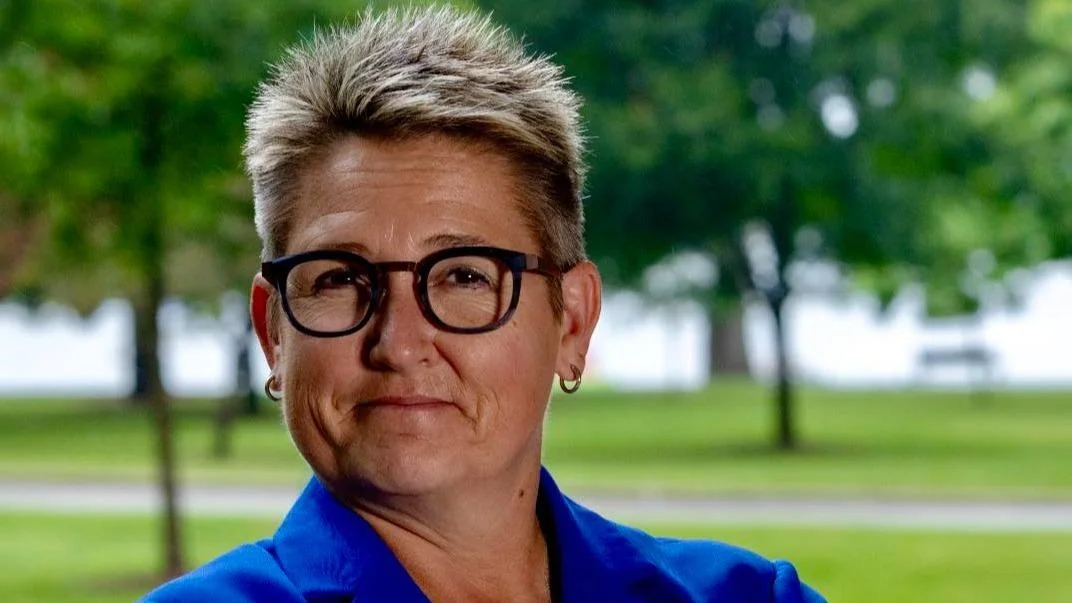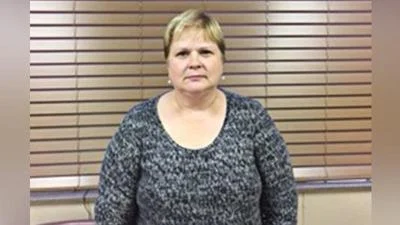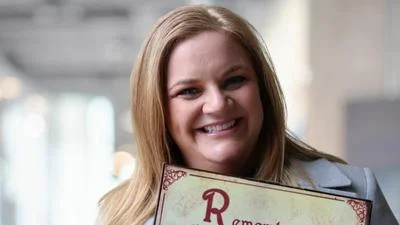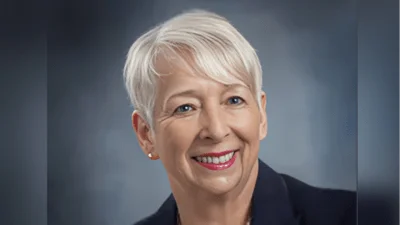Kristin Alfheim, Wisconsin State Senator for 18th District | www.facebook.com
Kristin Alfheim, Wisconsin State Senator for 18th District | www.facebook.com
According to the Wisconsin State Legislature's official website, the bill was described as follows: "an income tax subtraction for certain expenses paid by a school teacher. (FE)".
The following is our breakdown, based on the actual bill text, and may include interpretation to clarify its provisions.
In essence, this bill introduces a state income tax subtraction for elementary or secondary school teachers in Wisconsin who incur certain eligible expenses, not exceeding $300, during the taxable year. These eligible expenses, aligning with federal law, include costs for participating in professional development courses and purchasing books and classroom supplies. Notably, teachers can claim this state deduction regardless of whether they utilize the federal income tax deduction for the same expenses. The provision applies to taxable years commencing after Dec. 31, 2024. This initiative aims to ease financial burdens on educators by offsetting some out-of-pocket expenses associated with their professional duties.
The bill was co-authored by Representative David Armstrong (Republican-67th District), Senator Rob Hutton (Republican-5th District), and Senator Van H. Wanggaard (Republican-21st District). It was co-sponsored by Representative Mike Bare (Democrat-80th District), Representative Elijah R. Behnke (Republican-6th District), and Representative Barbara Dittrich (Republican-99th District), along with 19 other co-sponsors.
Kristin Dassler-Alfheim has co-authored another nine bills since the beginning of the 2025 session, with none of them being enacted.
Alfheim, a Democrat, was elected to the Wisconsin State Senate in 2025 to represent the state's 18th Senate district, replacing previous state senator Dan Feyen.
In Wisconsin, the legislative process starts when a senator, constituent, group, or agency proposes an idea for a bill. After drafting, the bill is introduced, numbered, and referred to a committee for review and public input. If approved, it moves through three readings and votes in both the Senate and Assembly. Once both chambers pass the same version, the bill goes to the governor, who can sign it, veto it, or let it become law without a signature. Only a small share of bills introduced each session ultimately become law. You can learn more about the Wisconsin legislative process here.
| Bill Number | Date Introduced | Short Description |
|---|---|---|
| SB69 | 02/26/2025 | An income tax subtraction for certain expenses paid by a school teacher. (FE) |






 Alerts Sign-up
Alerts Sign-up